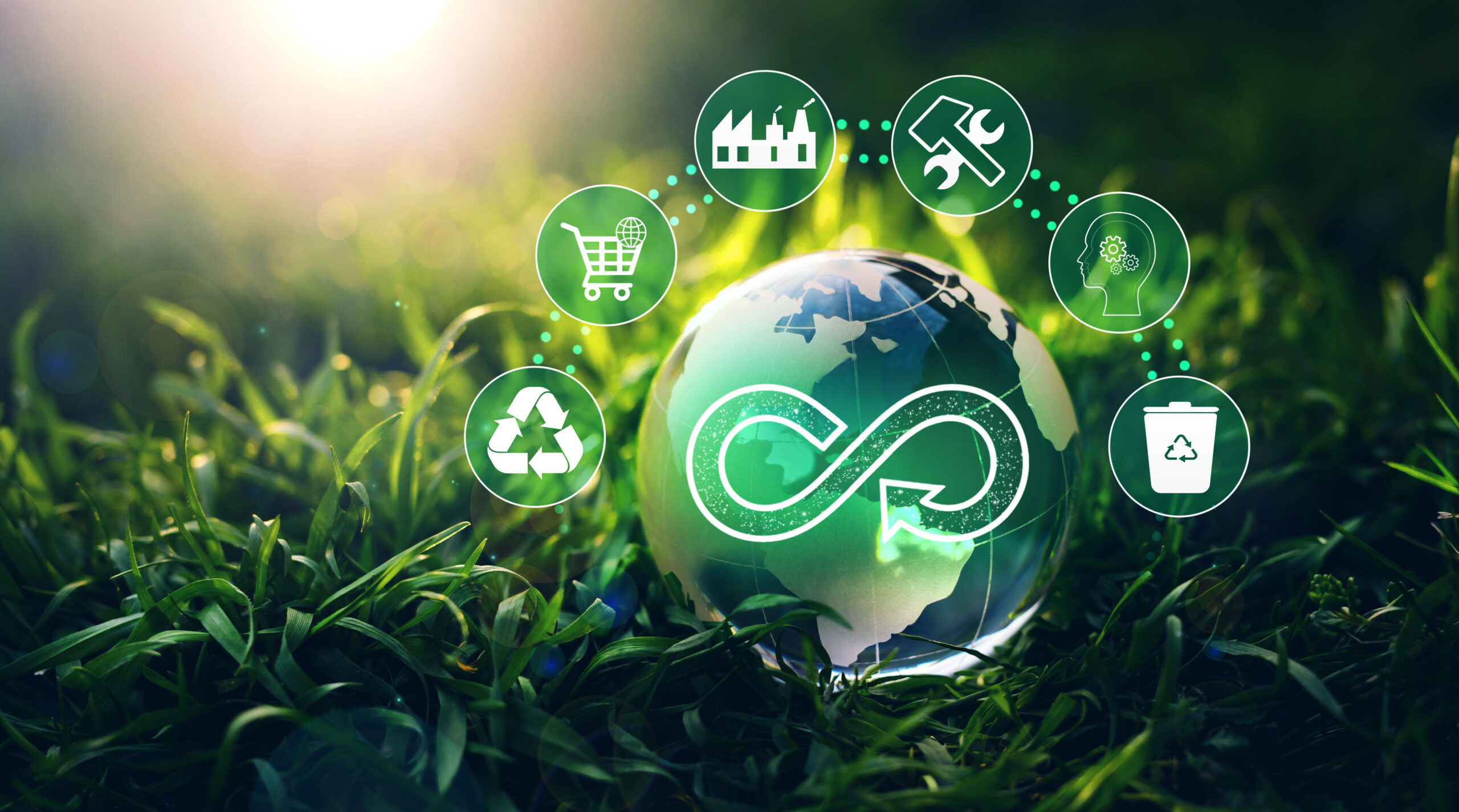Circular Economy Coalition
To accelerate the transition to circular business models and economies in infrastructure.
Minimising raw material extraction, avoiding waste and halting pollution are crucial strategies for achieving net zero emissions and stemming nature loss.
A key mechanism in achieving this is a systemic transition to a circular economy supply chain that maintains the quality, availability and value of a wide variety of used resources through recycling, logistical and re-use processes that work efficiently and effectively for the infrastructure sector. As such, there has been a lot of work locally and globally to accelerate the transition to circular economy. Much of this focus has been on developing innovative approaches to materials and resources e.g. waste management, products, recycled content sorting, processing and manufacturing.
This coalition compliments and aligns with existing progress and initiatives to focus on the ‘economy’ of circular economy looking at how to integrate the infrastructure network of systems to drive circularity through circular business models and local economies.
This may include:
- Understanding and sharing what is a circular vs linear business model for infrastructure including examples from other sectors.
- Understanding and recommending key points in the value chain and/or economic levers (e.g. business case, investment, procurement, development, decommissioning) in which a circular economy framework can be embedded and how to do that.
- What are the economic metrics and indicators of circular management and success.
- How can circular economy support and enable the broader industry reform agenda (e.g. collaborative contracting models).

